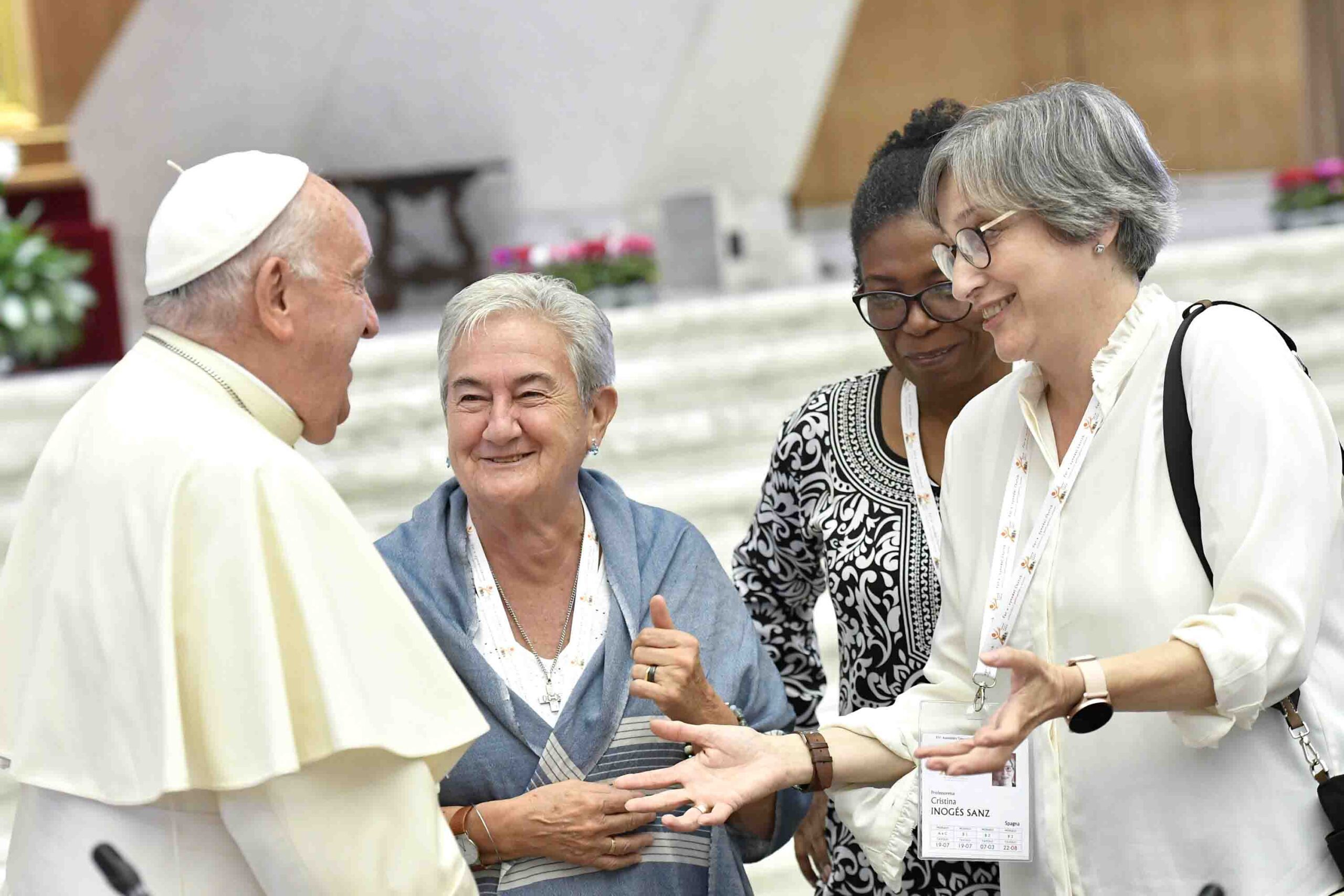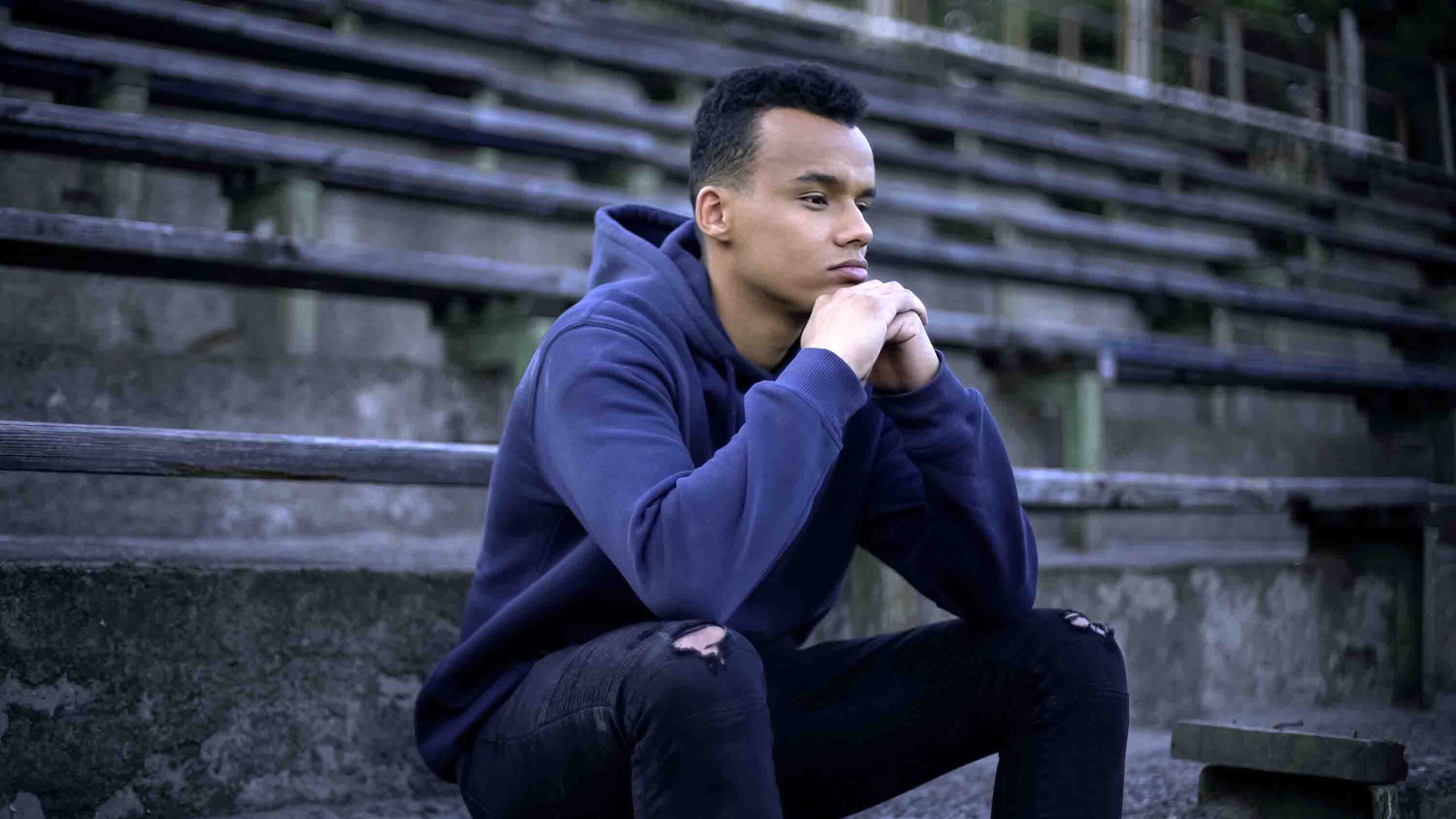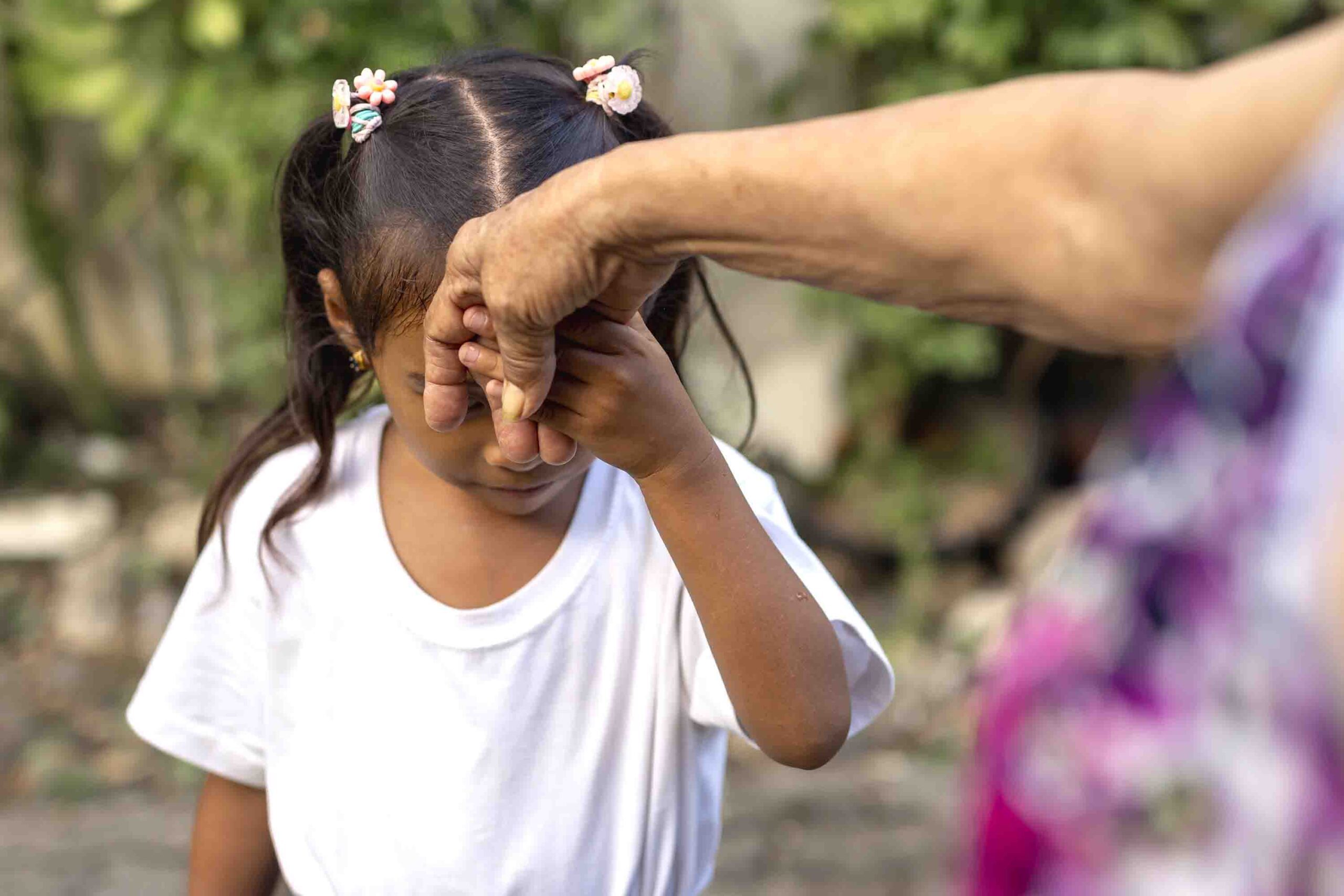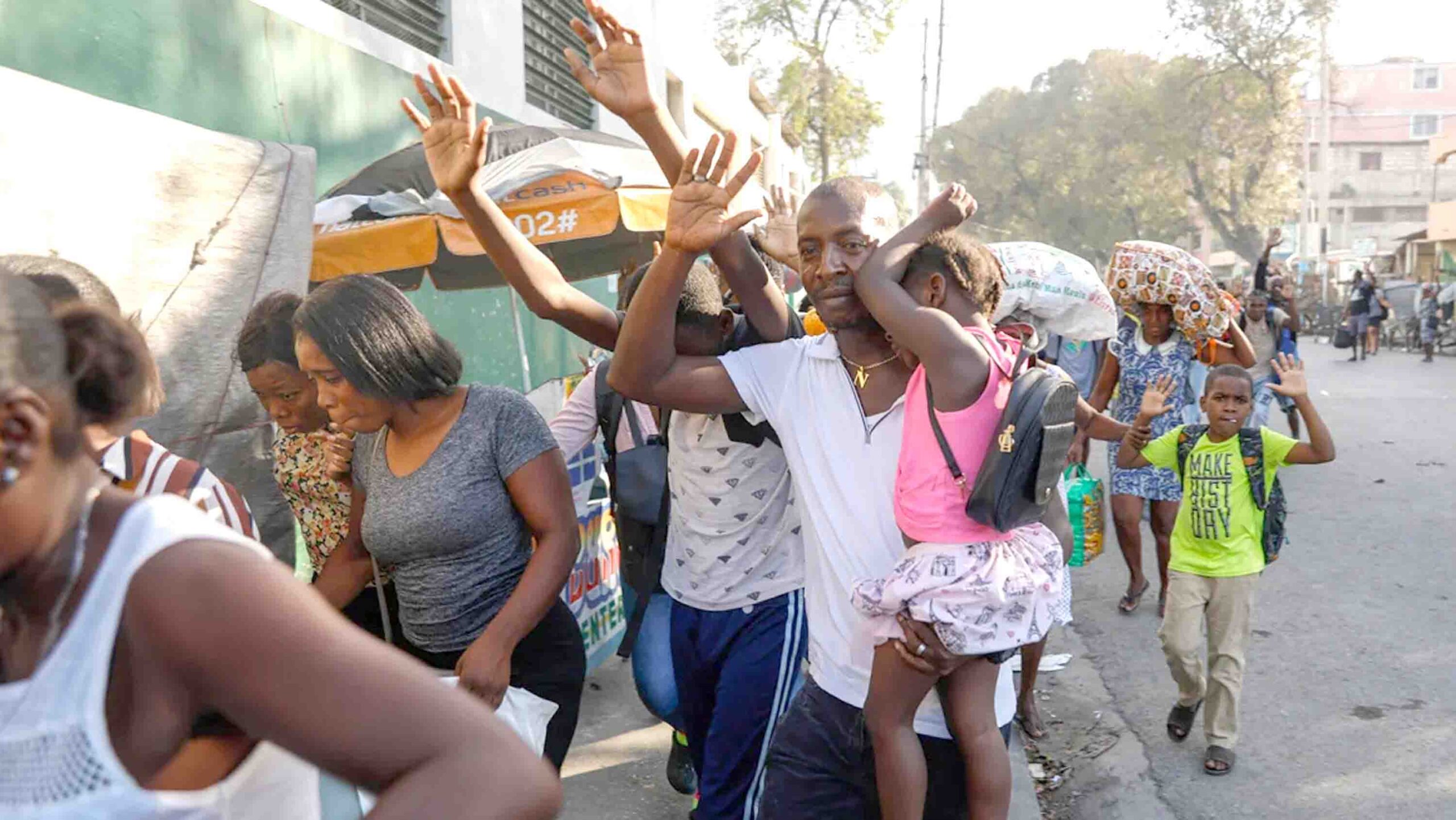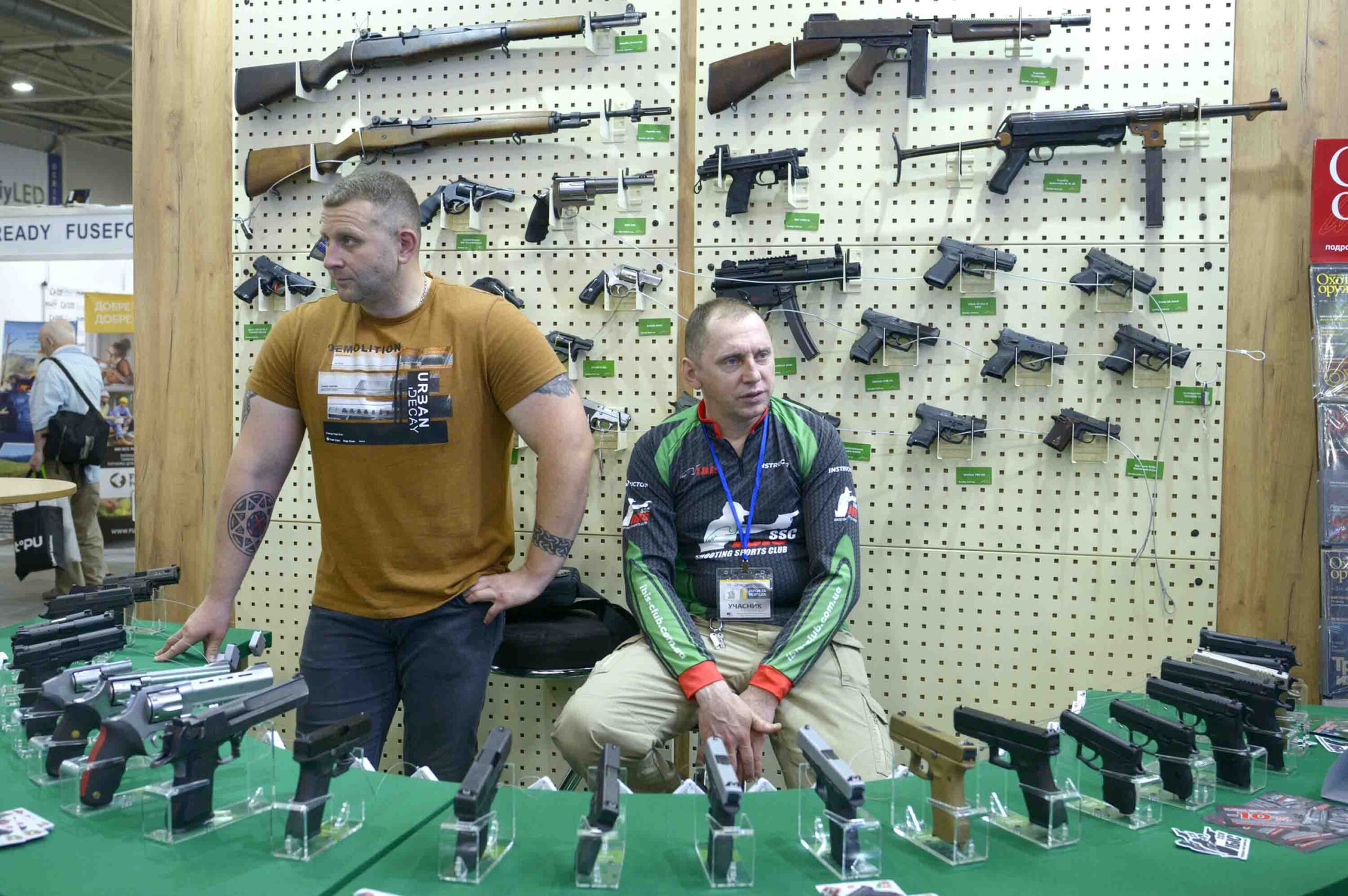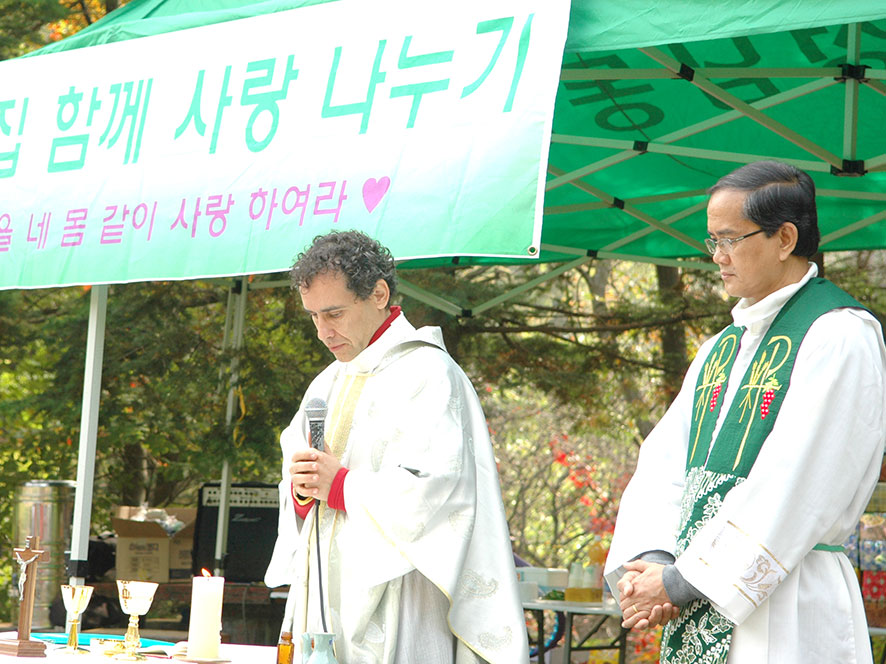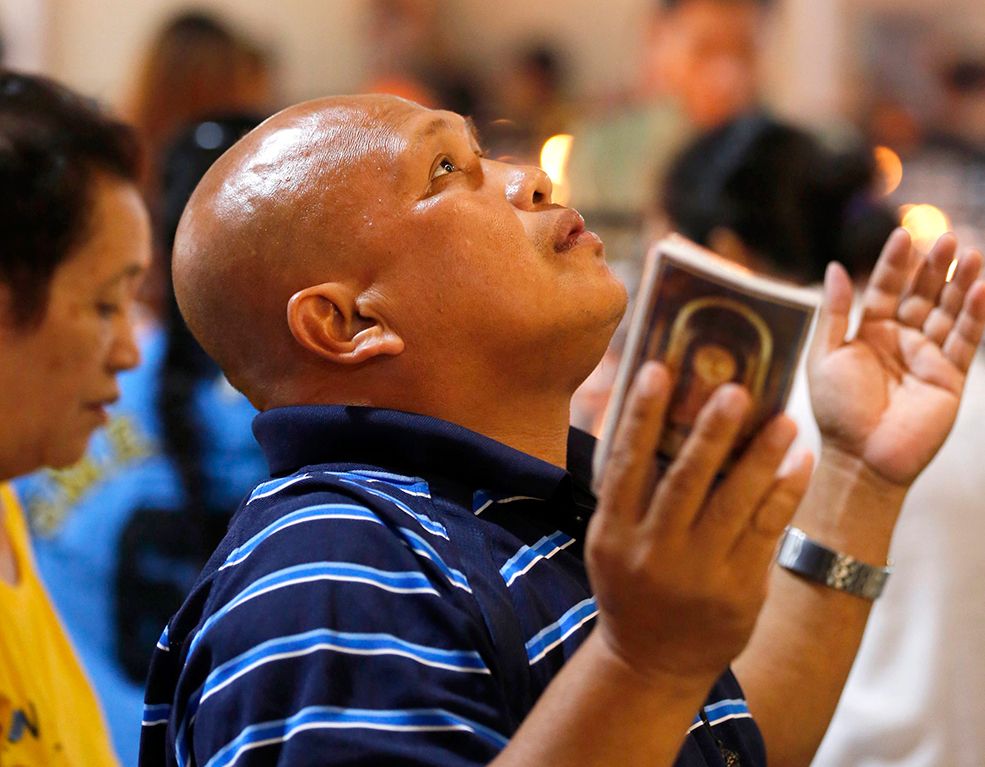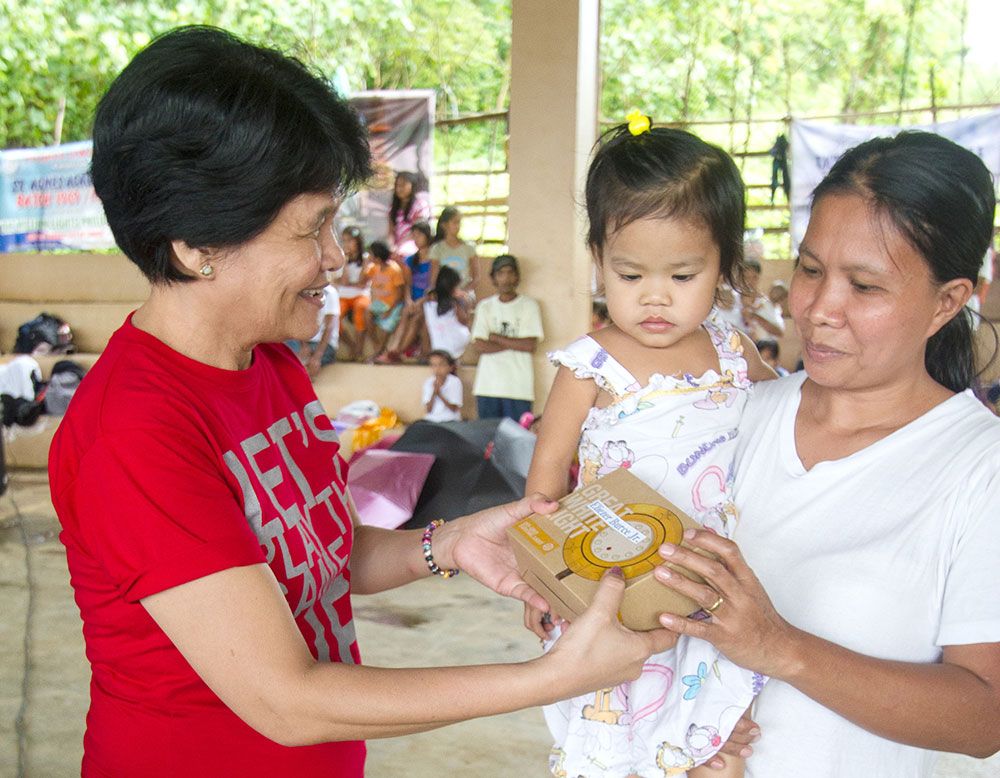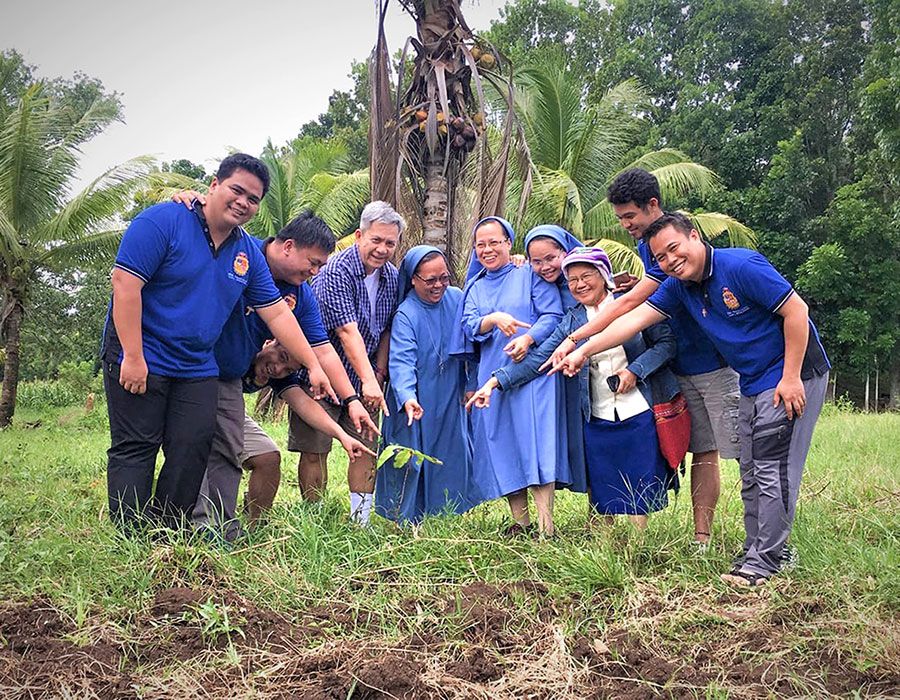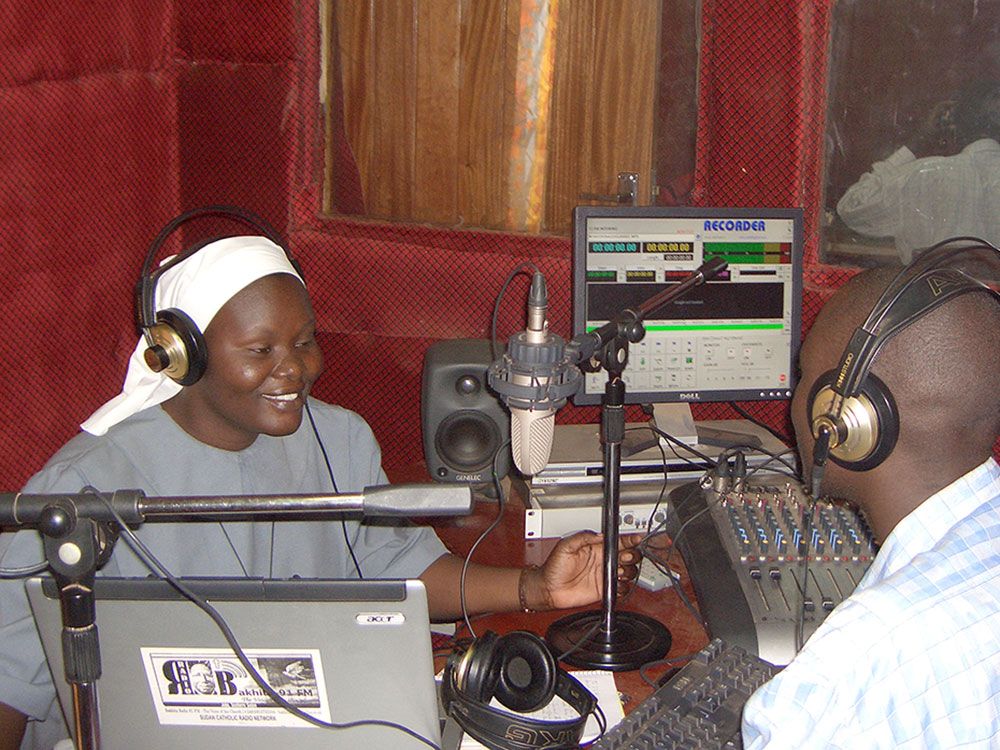Last February 22, during the 50th-anniversary celebration of the Preda Foundation that works to save abused children, a concept paper proposed new legislation for a children’s court and therapeutic residential homes for sexually abused children to Senator Risa Hontiveros, chairperson of the Senate Committee on Women, Children, Family Relations, and Gender Equality.
The Philippine congressional people now realize that more must be done to deliver justice for abused children. There is an urgent need for legislation establishing the children’s court system and more government-funded therapeutic homes for healing and empowering child abuse victims.
UNICEF says seven million Filipino children are abused every year in the Philippines, that is about one in every three girls. Boys, too, are victims; one in every four, on average, is a victim of abuse. They are more reluctant to report being sexually abused, which they have to accept as a common practice among males.
More family courts are being established, but competently-trained judges are in short supply, and the family courts are overwhelmed with the many cases. They are clogged with other less important cases, and while they prioritize child sexual abuse cases, they can finish a case in about nine months to one year. In other courts, it can take up to three years.
It is a long time for a child to wait for justice, and they lose hope and trust while waiting. The many postponements requested by defense lawyers and the absence of some judges and prosecutors delay the hearings spaced two or three months apart.
DELAYED JUSTICE
The long delays in some family courts cause the child victims and supportive relatives to give up and abandon the justice system. This eventually will undermine the rule of law as child abusers take heart when they hear child victims cannot wait such a long time for justice.
The best judges seldom or never allow postponements in child abuse cases. We need more like that for sure. With a secure residential therapeutic home the victims are healed, can overcome the trauma, and are empowered so they can testify clearly.
They can remember the details of the abuse more clearly and are strong and not disturbed during cross-examination. That is why a speedy, fast-moving trial is essential, and a residential home is necessary to protect the child victim.
When in the community, the child is all the more vulnerable to threats and intimidation not to attend the court, or they are hidden away in a remote province so they will not testify. This is what seems to happen in Cebu courts.
The five judges in Cebu met last year with the Preda to establish a new children’s home to protect and empower the abused-complaining witnesses. The cases are often dismissed because the child victim does not attend the hearing.
Everybody has to protect children from abusers in the family and community. When convictions are swift, clear, and without reasonable doubt, then respect for the rights of the child and the law will grow. Abusers will fear the penalty of the law.
During her visit to the Philippines, Mama Fatima Singhateh, the UN special rapporteur for online child abuse, child trafficking, and domestic child abuse, strongly advised that the Philippines pass a law to set up a special children’s court.
ABUSE ONLINE
This is needed to hear child abuse cases exclusively. The establishment by law of accredited processing therapeutic healing centers for victims of child abuse is very necessary for seeking justice and giving protection and healing.
The Philippines, sadly, is considered the hub for online child sexual abuse, and that is why the UN special rapporteur called for new legislation. This abuse online is due to local and international pedophiles who have perverted demands to have child sex shows for their sexual gratification and pleasure.
Without curbs and blocking of live-streaming sex shows with children, the abusers go on abusing children online, mainly without detection. It is a massive problem, but there are strong AI-driven software programs that can detect and block such abuse and identify the perpetrators. Still, they are not installed on Internet Server Providers (ISPs) servers.
However, while the law demands they should, they are too powerful and well-connected not to implement and follow the law. The question is who has the power and political will to make PLDT, Globe, Smart, and DITO obey RA11930, which aims to protect children from such abuse. Social media companies are required to filter and block illegal content under RA11930, but they seldom do it effectively.
It seems without special children’s courts, protective healing homes and strict implementation of the law, children will go on being abused and continue to suffer. We will continue to save and heal and get justice for the victims of abuse under the present system and work with Congress to get a better delivery of justice.




